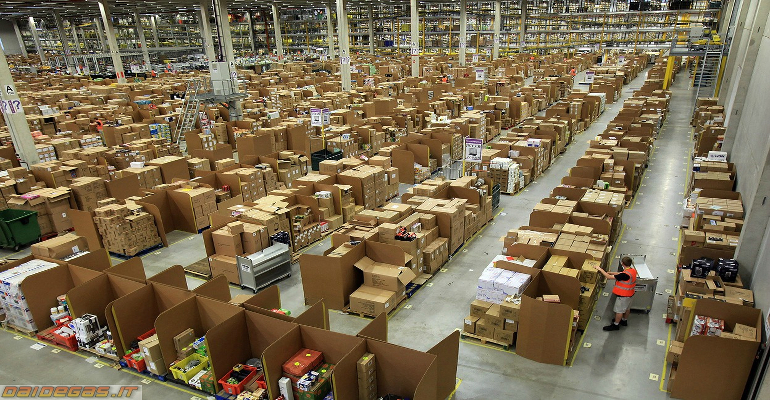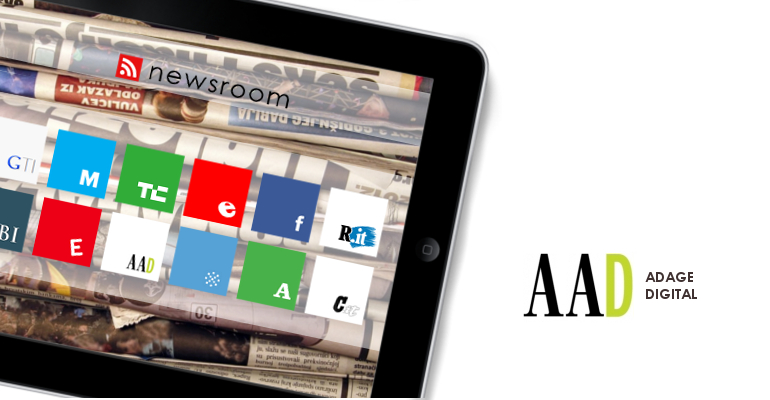More than 200 of Afghanistan’s most active users of Twitter and Facebook gathered Sunday for the country’s first-ever social media summit to explore how the Internet is transforming traditional society.
Two days of panel discussions and workshops are being live-streamed, blogged and tweeted on subjects ranging from the impact of technology on next year’s elections to how women can avoid being harassed by mobile phone.
“We have brought together social media users from all around Afghanistan, so that they share their experiences and expand social media use,” said Ahmad Shuja, one of the organisers of the Paiwand (“connection”) meeting in Kabul.
“Social media is picking up pace as elections get closer. Some of the possible candidates have surfaced on social media and want to be in touch with their supporters through that.
“Social media users who are young and educated can bring a major change in Afghanistan.”
Technology activists, Internet entrepreneurs, government officials, authors and NGO staff are among the delegates at the gathering at the American University in Kabul, capital of the war-torn country of 30 million people.
“There are around 3-4 million Internet users and 19 million people who have access to telephones in Afghanistan,” said Aimal Marjan, the head of the government’s information and communication technology department.
“Around 10 years ago, there was no TV, radio or other media, but today we talk about the issues that people in Washington talk about.”
While much of Afghanistan remains deeply rural, cites such as Kabul, Herat and Mazar-i-Sharif are at the centre of busy and vocal Twitter and Facebook communities.
Celebrity gossip and the latest sports news compete with daily updates from the Islamists’ guerrilla conflict and grisly video footage of war casualties, torture, hostage victims and destruction.






